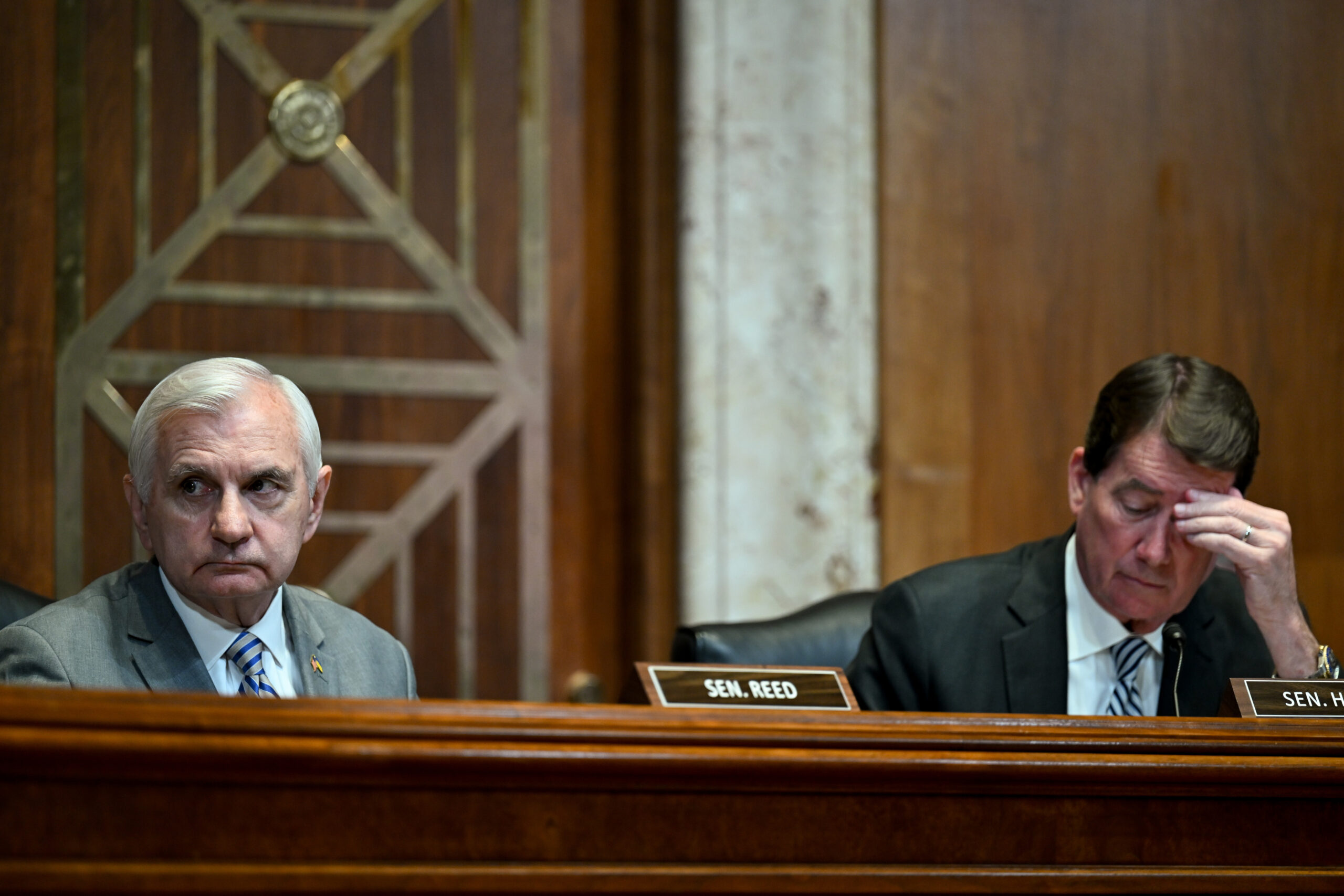Advocates representing military credit unions have called on Congress to restore funding for the Community Development Financial Institutions (CDFI) Fund. This appeal follows a proposal from the White House that suggests eliminating new funding for the program. In a letter addressed to Bill Hagerty, the Chair of the Financial Services and General Government Subcommittee, and Jack Reed, the Ranking Member, the Defense Credit Union Council (DCUC) expressed concerns about the potential impact of these cuts on veterans and underserved communities.
The letter emphasized the bipartisan history of support for the CDFI Fund, stating, “We are alarmed by any efforts to zero out or sharply reduce CDFI Fund support,” and warned that such actions would “undermine decades of progress in financial inclusion for our nation’s heroes.” Established by the Riegle Community Development Regulatory Improvement Act in March 1994, the CDFI Fund certifies financial institutions that focus on serving economically distressed communities. These institutions include banks, credit unions, nonprofit loan funds, microloan funds, and venture capital funds.
CDFIs play a crucial role in providing affordable lending and financial services, particularly in areas lacking access to major banking institutions. According to the DCUC, credit unions have utilized CDFI grants to establish branches in banking deserts, which has significantly benefited underserved groups, including junior enlisted service members. The DCUC articulated that cutting the CDFI Fund would “push military families back toward predatory lenders and stall decades of progress in financial inclusion.”
The funding cuts are not unprecedented; during the Trump administration, the CDFI Fund was also targeted for reductions. In a March executive order, President Trump instructed his administration to minimize federal spending on various programs deemed overly progressive. The order directed officials to limit their statutory functions and reject funding requests inconsistent with these reductions. This move provoked concern among community lending advocates, highlighting a rare area of disagreement between the administration and the banking industry.
The Independent Community Bankers of America (ICBA) has also voiced support for the CDFI program, urging Treasury Secretary Scott Bessent and lawmakers to maintain this vital public-private partnership. The ICBA noted that more than 90% of congressional districts depend on CDFIs, and for every dollar of government investment, CDFIs leverage approximately $8 in private sector investment.
In March, bipartisan support for the CDFI Fund was reaffirmed by Senator Mark Warner and Senator Mike Crapo, co-chairs of the Senate Community Development Finance Caucus. They highlighted that the CDFI sector has expanded to over 1,400 institutions across all states and territories, leveraging substantial private sector investments. “As co-chairs of the Community Development Finance Caucus, a group which has grown to 28 members, 14 Democrats and 14 Republicans, we are proud to reaffirm our bipartisan commitment to support the CDFI Fund’s mission,” the senators stated.
As discussions continue in Congress regarding the future of the CDFI Fund, advocates for military credit unions are steadfast in their belief that maintaining this funding is essential for promoting financial inclusion and stability within underserved communities. The ongoing dialogue reflects the critical intersection of government support and community financial health, underscoring the role of CDFIs in fostering economic resilience for military families and beyond.








































































